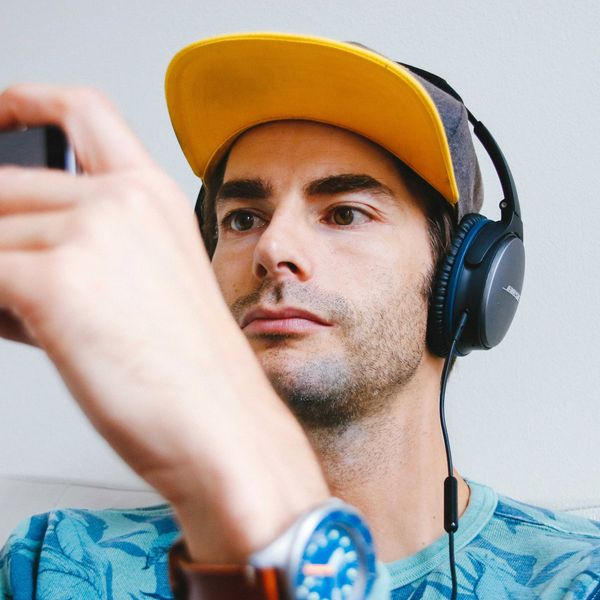Children and Emotional Intelligence: The Role of Technology
From time to time, I like to write about helping children develop emotional and social intelligence, as I think it's a key part of their education. So you can imagine my dismay when I looked at the results of a Kaiser Family Foundation survey of childrens' technology habits. Today, the study found, kids between the ages of 8 and 18 spend an average of 7 hours and 38 minutes per day using entertainment media. That's up by an hour and seventeen minutes from 2004.
Moreover, the study found, because kids tend to multitask (e.g., listening to an iPod while working on a computer), they pack a full 10 hours and 45 minutes of media use into what looks like seven and a half hours on the clock. That's up by more than two hours since 2005.
Yikes.
The study included all kinds of media -- from reading newspapers to watching television, playing video games, listening to music, and texting. Time spent going to the movies (in movie theaters) has stayed steady and time spent reading newspapers and magazines were the only categories that have shown no increase in the last five years.
Some of the most disturbing findings of the study include:
Heavy media users report getting lower grades. According to the report, 47% of the heavy media users (more than 16 hours of media use per day) say they usually get fair or poor grades (mostly Cs or lower), whereas only 23% of the light users (less than three hours per day) do.
Black and Hispanic children spend more time with media than white children do. The report found that black and Hispanic children consume nearly 4 hours more media daily than white children. This racial disparity has been growing, by the way: The gap between the media use of white and black chidlren was just over two hours daily in 2004, and is now more than four hours daily.
Two big drivers for the increased media use are the rise in cell phone/smart phone ownership among young people and the rise in social media like Facebook and MySpace.
“The bottom line is that all these advances in media technologies are making it even easier for young people to spend more and more time with media,” Victoria Rideout, the vice president of the Kaiser Family Foundation and director of the study said in a press release. “It’s more important than ever that researchers, policymakers, and parents stay on top of the impact it’s having on their lives.”
The results, in terms of emotional and social intelligence, could be scary. "Chronic use of media diminishes emotional intelligence," or the know-how we need to relate to each other and to develop empathy and compassion, said Patrick Friman, a psychologist at Boys Town who also teaches at the University of Nebraska Medical Center, told the North Platte Telegraph for an article published today.
Up Next: The better news: Setting limits actually works.



